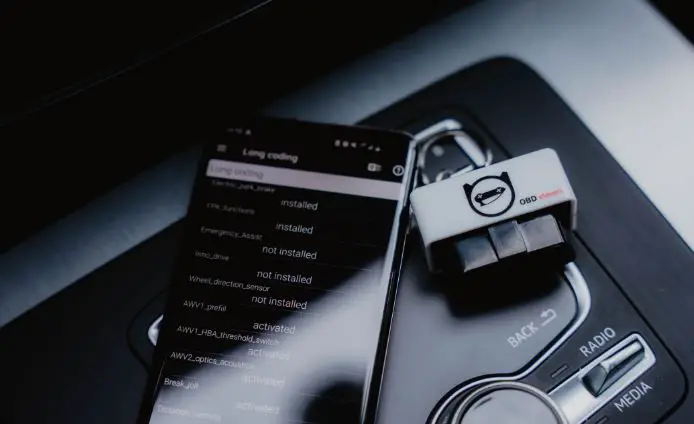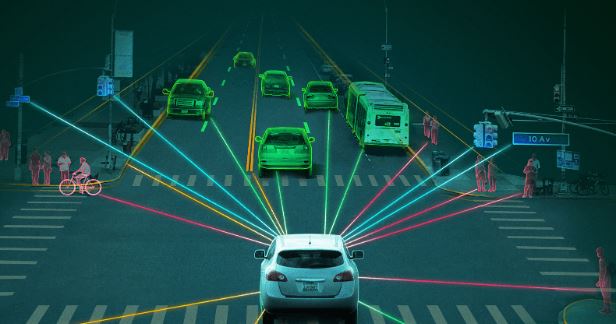The average driver doesn’t have big money to spend on a new car or even a used one. This means they have to be extra savvy about what they buy and how much they pay for it. There are more and more online sources of information as well as places to buy vehicles, sometimes sight unseen. Here’s what you need to know to be savvy and get a better deal.
Calculating Your Loan
Almost everyone needs a loan or lease when purchasing a vehicle. The whole loan process is a mystery to many people. It’s hard to understand how interest rates are applied. It’s also difficult to get a grasp on how many payments it will take to really start reducing the principal. A loan calculator is a good tool for understanding this.
With a loan calculator, you can get a clearer picture of how much a loan will cost over time. Lower payments may be more budget-friendly, but they could result in a much higher overall cost since it will take longer to pay off the loan. By using an independent auto loan calculator, you are getting a good idea of what payments to expect and what payment plans to avoid.
Saving Up for a Down Payment
Your down payment will make a big difference in how much you borrow. If you are subject to high-interest rates, this will be key to saving money over the life of the loan. In fact, some lenders may lower your interest rate if you put down a large down payment on the vehicle. This is one reason you want to be able to negotiate your loan rather than accept what an online company is offering you.
Trading Your Car
If you are trading, the main tool for analyzing the price independently is still Kelley Blue Book. In this, you need to remember that the vehicle’s condition will bring down the amount that a dealer is willing to pay. Furthermore, beware of online offers to purchase your car sight unseen. Either they will offer you very little or they will change the big offer when they come to get the car.
Kelley Blue Book uses only poor, fair and good levels to evaluate cars. This makes it really hard to get a good rating. Fair is much more likely, if your car looks and runs decently. The amount you earn from an old car will always be much less than it is offered for sale. This is one reason to use caution when trading. Your current car, if it runs well, may be worth more to you than you’ll ever get in a trade.
If you’re considering buying or trading a car, it’s important to bring the right documents with you.The documents you need to buy a car depend on your situation, but generally, you’ll need to bring proof of identification, proof of income, and proof of insurance.
Proof of Identification
You’ll need to show your driver’s license or other form of identification when you buy a car. If you’re not the buyer, but are acting as a proxy for the buyer, you’ll also need to show your identification.
Proof of Income
If you’re buying a car with a loan, the lender will likely require proof of income. This can be in the form of pay stubs, bank statements, or tax returns.
Proof of Insurance
If you’re buying a car with a loan, the lender will likely require proof of insurance. You can usually show this by providing a copy of your insurance policy. Compare car insurance quotes to find the best policy for your needs and budget.
Know When to Pause
You may be desperate for transportation, but you need to keep your long-term financial health in mind. You don’t want to take out a high-interest, six-year loan on a used car that won’t last four years. If your current circumstances are forcing you into that sort of deal, try everything you can to change the equation.
Furthermore, you don’t want to be saddled with a bad car and a big debt. Buying a used car can save you money, but only if the car has many useful years ahead. You should ask for the right to have any used car examined by an independent mechanic. After all, dealers don’t offer warranties unless it’s one of their higher priced certified pre-owned models.
With a good auto loan calculator, some financial savvy, and a willingness to walk away from bad deals, you’ll get the right car and a good deal in the end.
Go Home







